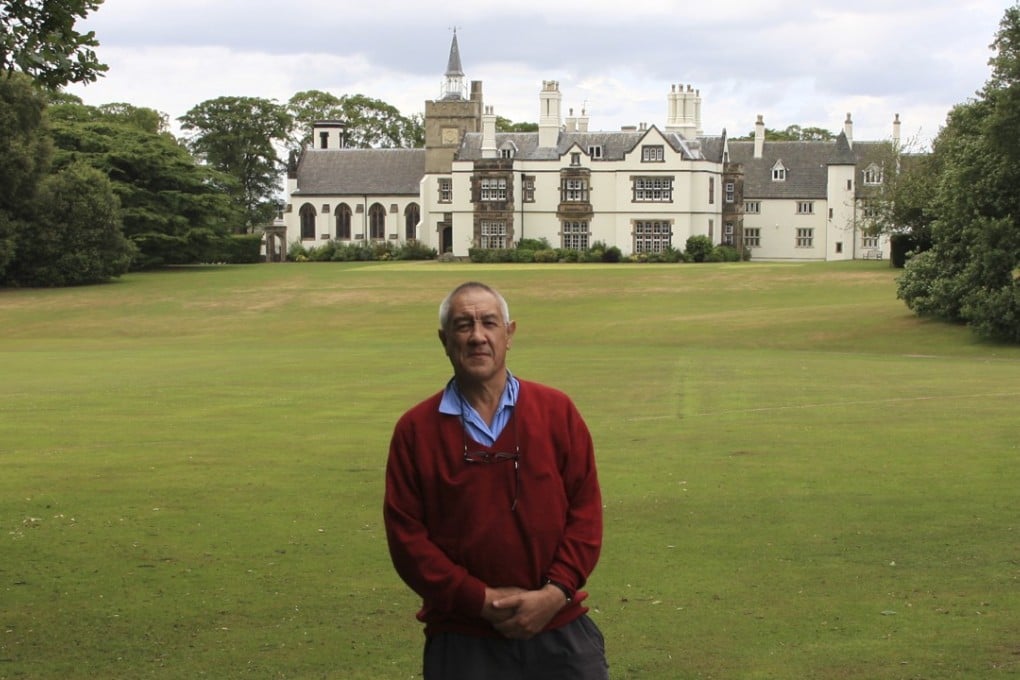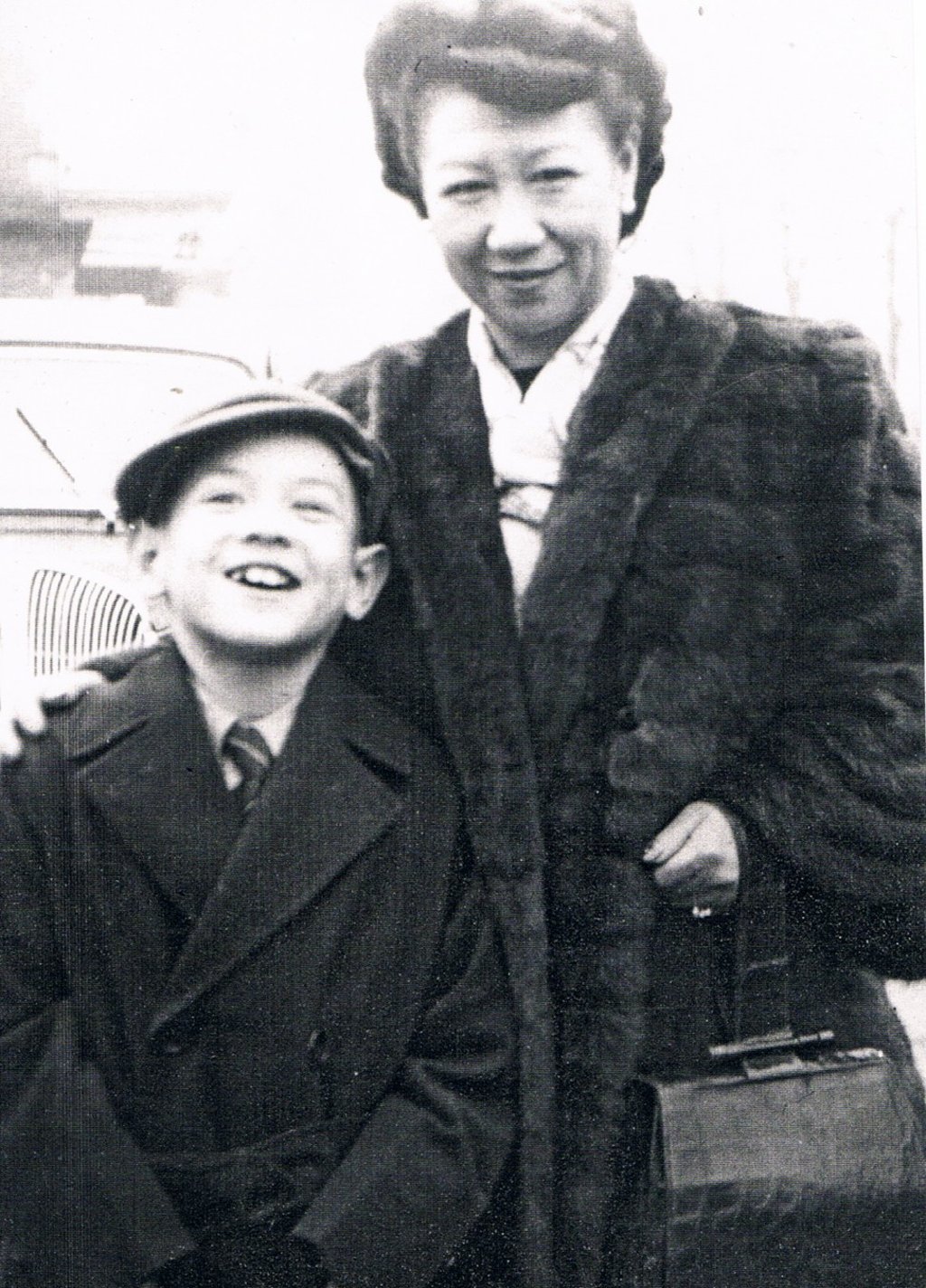Eurasian who went to British boarding school in the 1950s breaks his silence over abuse
How a Chinese mother’s dream of an English education for her son placed him at the mercy of a tyrannical ‘discipline master’, who was accused of both physical and sexual abuse during his time at the Grace Dieu Manor House, in England

Next month, thousands of Chinese children from Hong Kong and the mainland will head off or return to boarding schools in Britain for a prized education, but it was not always so.
When I arrived at my English prep school in 1953, having been raised in Shanghai and Bangkok, I was the only Eurasian out of the 100 or so boys at Grace Dieu Manor House, in the Leicestershire countryside. Asians would remain a rare sight at the school for a few decades more, until I was followed by a stream of Hong Kong Chinese in the run-up to the handover of the British colony to China, in 1997.
Sixty years ago, few Chinese or Eurasians in Hong Kong thought seriously about sending their children to a British public school. In Hong Kong, after all, they were still excluded from whites-only clubs while the Hongkong and Shanghai Bank, for example, frowned upon expatriate staff marrying Chinese or Eurasian women. Moreover, a public school education was prohibitively expensive.
But my mother, Louise Mary “Billie” Gill, was an uncommon woman. She had been adopted as a Chinese baby by an Englishman and his Chinese wife in Changsha, Hunan province, brought up as a Eurasian and educated in British schools in Shanghai.

During the war in Hong Kong, she was interned as a British national in Stanley internment camp, where she became pregnant by my father, an English journalist, and gave birth to me in New Zealand two months after liberation. Having worked in Shanghai and Hong Kong, she was acutely aware of the challenges facing Eurasians in such communities and wanted better opportunities for me.
She conceived a plan that appeared impossible, given that she was a single mother without means.